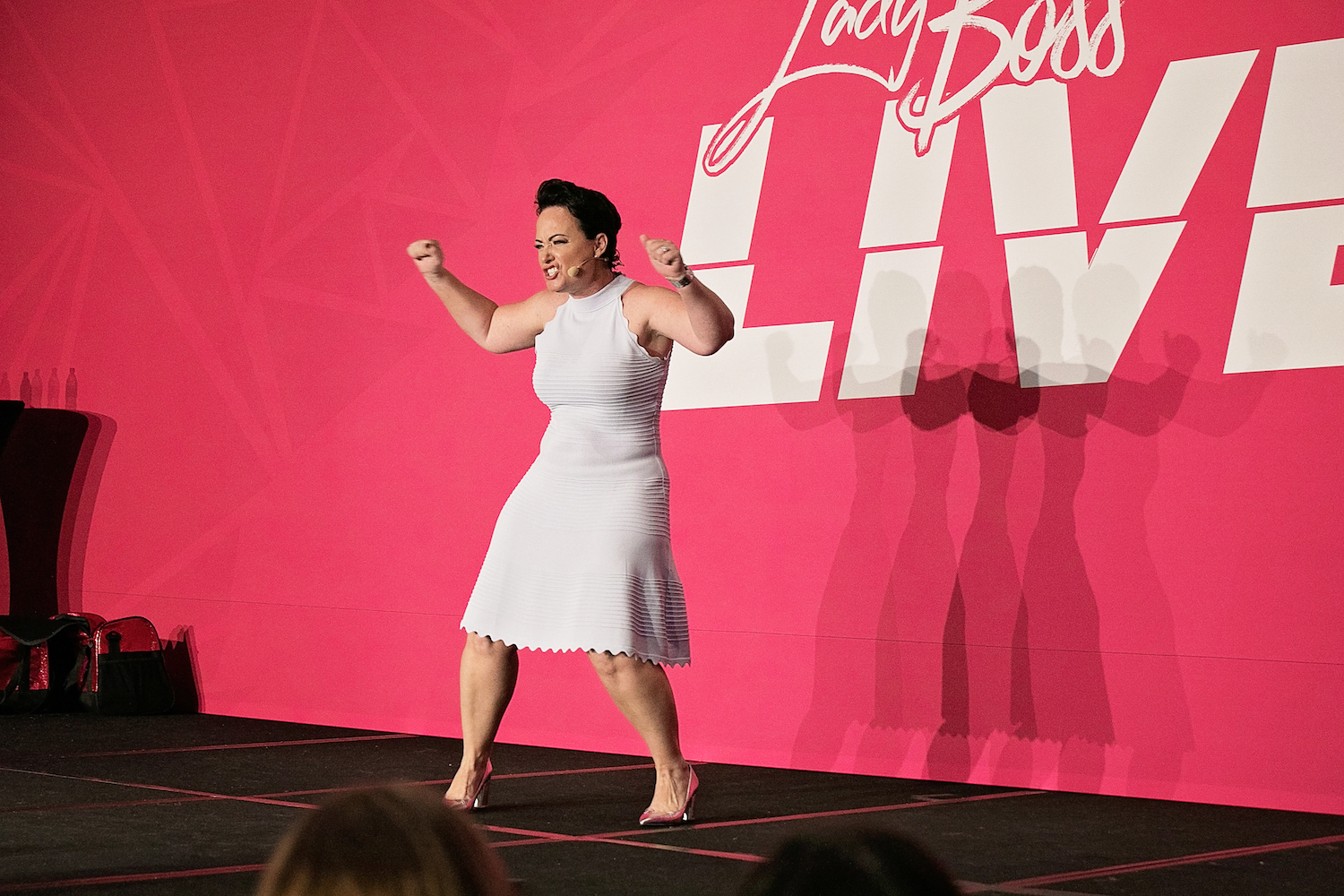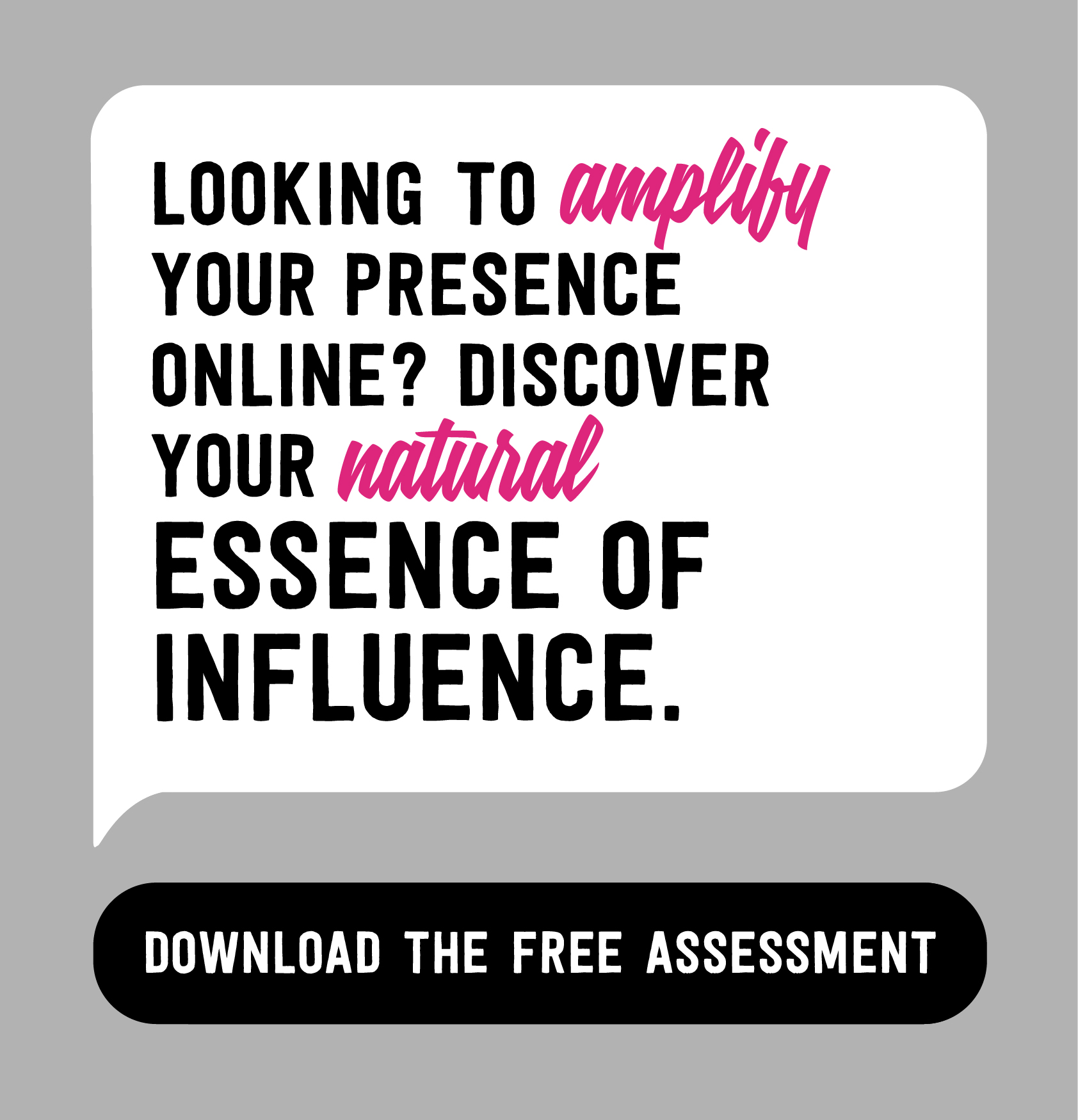Shame lives in our bodies. For me, it lives right at the top of my chest. And sometimes, when I’m talking, I choke on it.
I got my shame from all kinds of places. I can remember—as a little girl—hearing the words, “You should be ashamed of yourself.”
And you know what? Sometimes, I still am.
I wanted to share with you–in a series of 4.5 blog posts—my “Lessons from Nashville.” These are four powerful messages that I uncovered during my first experience speaking from stage, in front of a thousand women in Nashville, Tennessee.
And today’s lesson is about shame.
In early October in Nashville, I took a huge risk on stage. I shared my shame. I shared a story about a particularly contentious morning in our house. A morning when I’d felt overcome by menopausal rage, a moment when my need to be a “helicopter parent” stared me right in the face… a moment when I’d said things to my teenager that I deeply regretted. A moment when I felt I’d lost control.
A moment that I’d choked on nearly every day since it had happened.
Here’s the thing about shame: It’s different than guilt. Guilt relates to something we’ve done. We feel regretful about an action or a behavior, and our guilt moves us to take corrective action. But shame is different. Because it’s not about what we’ve done, it’s about who we ARE.
Brene Brown–who’s become the Internet’s foremost guru on shame–says that guilt says: “I’ve done something bad.” While shame says: “I AM something bad.”
As I’d practiced my speech in the weeks leading up to the event, each time I’d come to this story, I’d choked. Many times I’d cried. Pacing in my bathroom, with only the echo of my own voice to keep me company, I swallowed that shame over and over again.
Because here’s another thing to know about shame: It only lives in solitude. It’s only when we speak our shameful moments aloud to others—as we shine light on the shame for others to see—that it loses its power over us.
And so when I got on stage that morning and told my story to a thousand women, I didn’t choke. It just traveled up from my heart, through my chest, out of my mouth… and right into their hearts.
And then I learned one of the most powerful lessons of my life as a leader:
When we share our shame with others and set ourselves free, we give others the chance to do the same.
After I stepped off the stage, I walked outside the conference room where the audience was listening to the next speaker, and I took a deep breath. I got myself a cup of coffee. I allowed myself to come down from the high of the lights and the applause and the music, and I waited for the doors to open, and for the women to spill out for lunch.
And when they did, something remarkable happened.
Strangers began to walk up to me and tell me about their shame. One woman told me that the last thing she’d said to her dying step-father was that his cancer was his own fault. One woman told me she’d over-fed her children, and they were struggling with obesity. Another woman told me she struggled with deep and brutal shame over the shape of her own body. Another told me her husband had left her and she felt horrible shame for not being attractive enough to keep him. The stories went on and on.
I stood with these women and helped them find ways to forgive themselves. I held their hands as they cried. And I hugged them as they found peace.
I have to admit that even after 25 years in branding and marketing, I never anticipated the power of sharing my shame. It hit me like a beautiful, magical ton of bricks.
If you have a moment of shame–a moment that kept you in the chains of a horrible belief about who you ARE–then share it.
If you can find the courage to share your own story of shame, it will undoubtedly set you free. And in the process, you may just unlock the door for countless others.
You are beautiful and perfect.
And I am honored to have a moment in your day.




